Prof. Victor Axiak
Chairperson
Environment & Resources Authority of Malta
Republic of Malta
Ms. Carmen Buttigieg
Deputy Chairperson
Environment & Resources Authority of Malta
Republic of Malta
Cc Hon. Evarist Bartolo
Minister for European & Foreign Affairs
Republic of Malta
Cc Hon. Aaron Farrugia
Minister for the Environment, Climate Change and Planning
Republic of Malta
Cc Hon. Kavydass Ramano
Minister of Environment, Solid Waste Management and Climate Change
Republic of Mauritius
Cc Hon. Sudheer Maudhoo
Minister of Blue Economy, Marine Resources, Fisheries and Shipping
Republic of Mauritius
Cc. Hon. Shinjiro Koizumi
Minister of the Environment,
Japan
Cc Mr. Fredrik Haag
Head of Office for London Convention/Protocol & Ocean Affairs, Marine Environment Division,
International Maritime Organisation
London, United Kingdom
Cc Mr. Dixon. G. Waruinge
Coordinator, Nairobi Convention Secretariat
United Nations Environment Programme
Nairobi, Kenya
Cc. Ms. Magali de Torrijos
President & CEO
Panama Maritime Authority
Republic of Panama
Johannesburg, 24 August 2020
Dear Professor Axiak and Ms Buttigieg,
You are certainly aware of the unfolding oil disaster at the shores of Mauritius, where bulk carrier MV Wakashio – a Japanese ship under the flag of Panama – ran aground and leaked at least a thousand tons of fuel oil during the past several weeks. The vessel broke into two on 16 August and the larger front part was towed to the East in the Indian Ocean and is in the process of being sunk.
We are turning to you to understand what the Republic of Malta’s actions were before the towing of the front, larger part of the wreck to a location offshore to be sunk. Was the Government of Malta aware of the participation of Maltese vessels in the towing and planned sinking of the MV Wakashio wreck? Did you approve the operation? If so, why and on what evidential basis was such a decision reached? How does this relate to your obligations of the Convention on the Prevention of Marine Pollution by Dumping of Wastes and Other Matter 1972 (in short the London Convention 1972) and other relevant international treaties? In the event the Government of Malta was not aware, do you plan to take enforcement action in accordance with Article VII.2 of the London Convention 1972?
The MV Wakashio is being towed to its planned sinking place by several ships – among them two Maltese-flagged vessels, the Boka Summit and the Boka Expedition. As a party to the London Convention (1972), the Republic of Malta is required to prohibit and prevent its vessels from dumping waste including vessels at sea, except under the limited conditions recognised in the Convention.
According to Article III.a.2 of the London Convention (1972), the deliberate disposal of vessels at sea is considered dumping. In accordance with Article IV.1.a), read together with paragraph 11(d) of Annex I, the dumping of ships at sea is forbidden, unless “material capable of creating floating debris or otherwise contributing to pollution of the marine environment has been removed to the maximum extent”. Even if such cleaning has taken place, a permit must first be issued in accordance with the provisions of the Convention. Given how fast the decision was made between breaking of the ship and the start of towing we find it highly unlikely that any and all polluting content was removed, let alone a thorough permitting process took place.
In accordance with Article V.1, dumping without a permit is permissible only in a force majeure situation, when it is “necessary to secure the safety of human life or of vessels, aircraft, platforms or other man-made structures at sea.” Since the crew of the MV Wakashio had already been evacuated and the vessel had broken in two, it is clear that dumping no longer served to secure human life or the vessel, and a permit was required.
In emergency situations posing an unacceptable risk relating to human health and admitting no other feasible solution, a special permit to dump may be issued. The Convention clearly details the procedures and steps that the Republic of Malta as the flag state of the towing vessels needs to and should have performed if this was considered to be such an emergency situation. These include the need for widespread consultation with any countries that are likely to be affected, the International Maritime Organisation and other international organisations as appropriate. The Republic of Malta would also have to take into account the recommendations of these consulted parties and respect “the general obligation to avoid damage to the marine environment and shall inform the Organization of the action it takes.” We have not heard about any relevant and timely action by the Republic of Malta in connection with the MV Wakashio accident and the planned sinking of the wreck.
In summary we are requesting the Republic of Malta’s official and public response as soon as possible to the following questions:
- Was the Government of Malta consulted on the planned towing and sinking of the MV Wakashio wreck?
- Did you approve the operation and the participation of Maltese vessels?
- If approval was given, was a (special) permit issued ahead of time, permitting the Maltese vessels to participate in this operation?
- If a permit was issued, what steps were taken ahead of the issuance of the permit, to comply with the London Convention 1972?
- If no permit was issued, on what grounds was a permit considered unnecessary?
- If no approval was given, what action will the Government of Malta take to give effect to its duty under Article VII.2 of the London Convention 1972 to “prevent and punish conduct in contravention of the provisions of this Convention”?
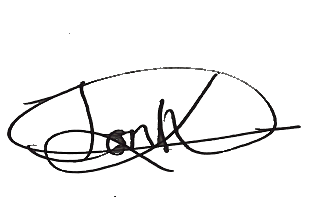
Lagi Toribau

Roshan Rajroop
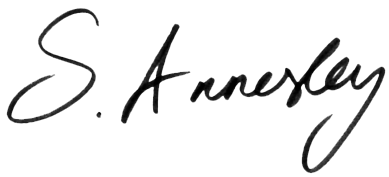
Sam Annesley

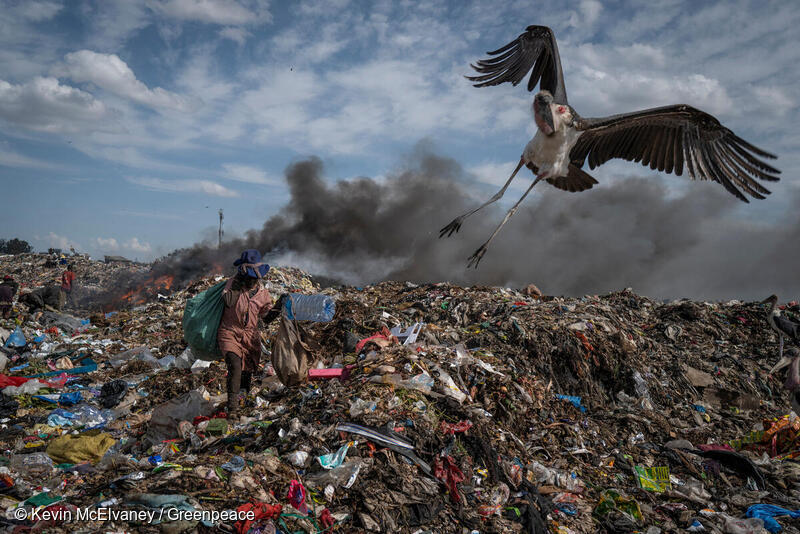
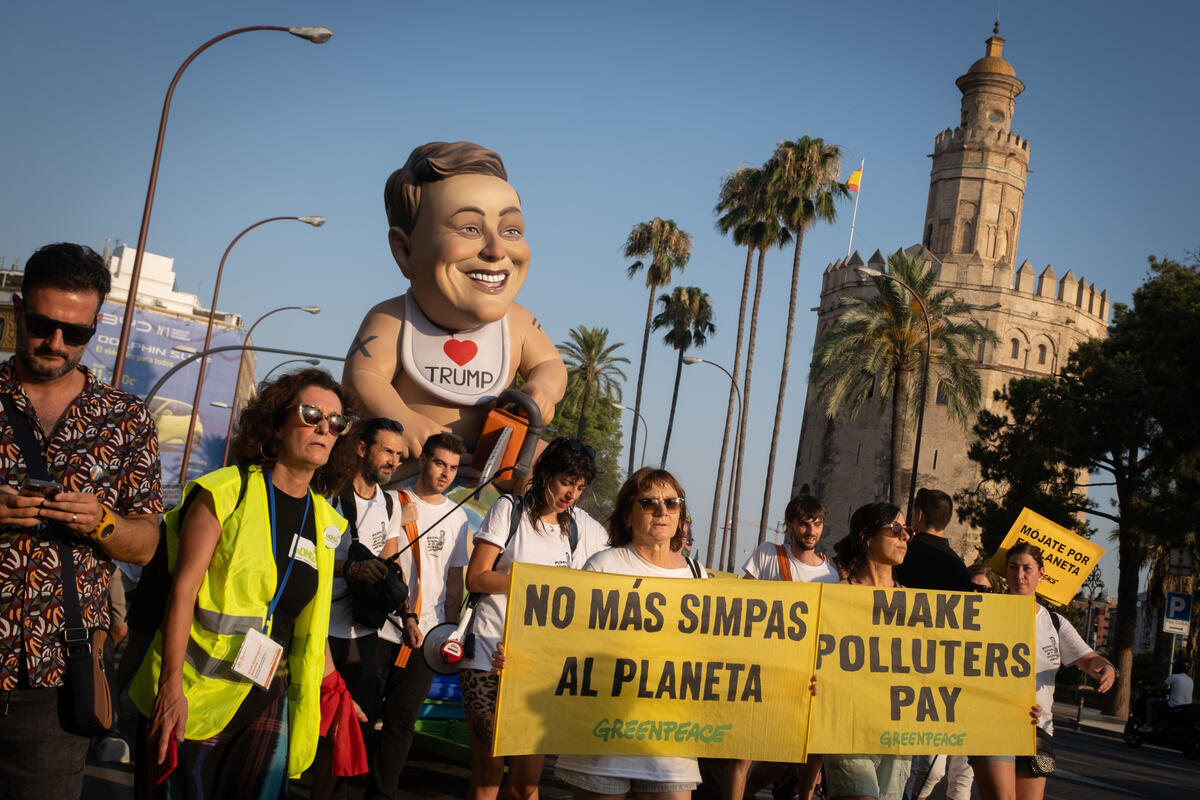
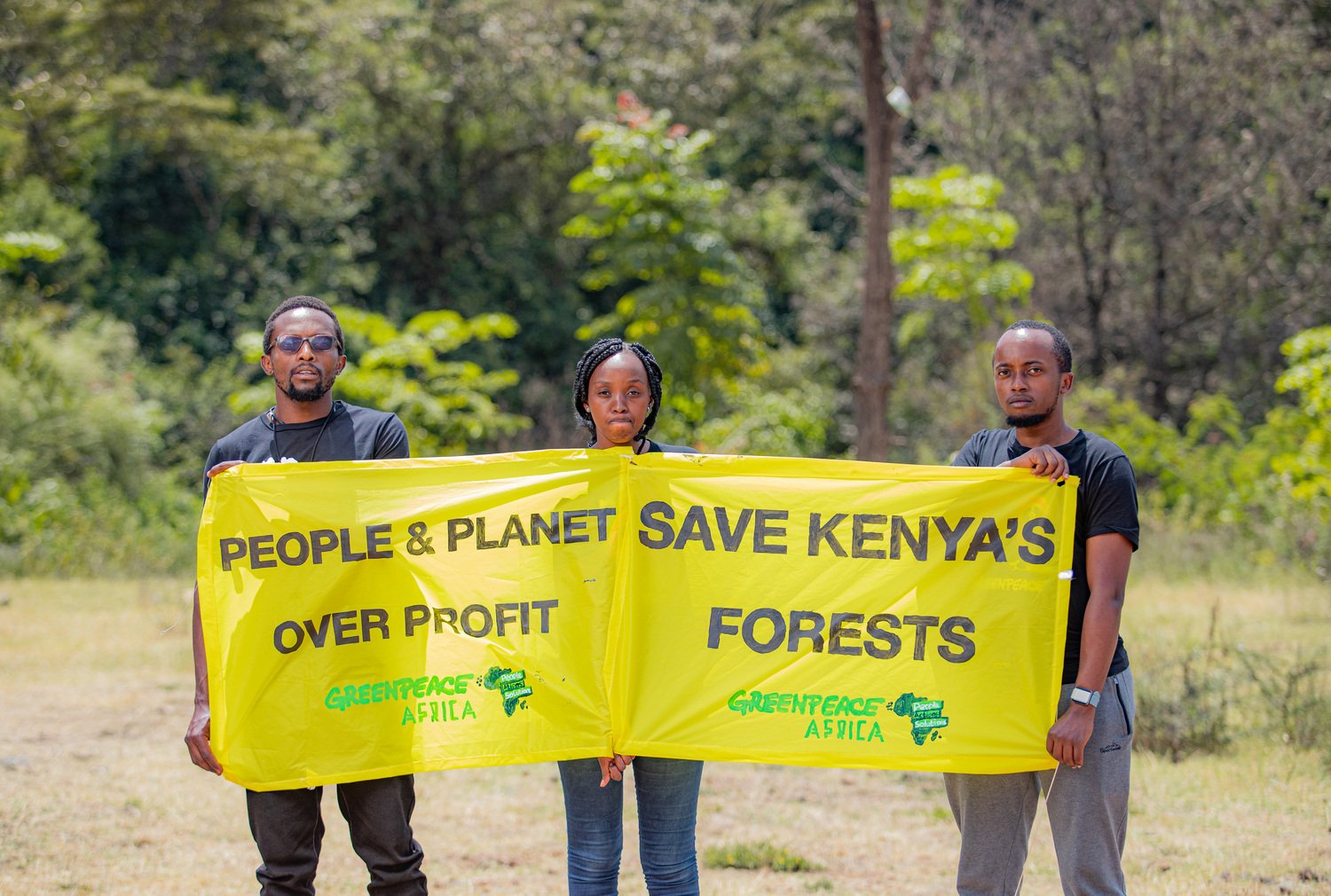
Discussion
The problem with this disaster is accountability of shipping vessels , Pananma and Malta have been for many years alongside Bahamas , a haven of little or no questions asked when registering ships. Even some of the big and largely respected names in cruise lines register their ships in Panama so why do they do it. It is simply a means to avoid responsibiity and compensation when disasters occur. The maritime industry must become transparent and ships registered by the country that owns the ship and by the Maritime authorities of that country. No more hidiing under the Panama flag
We demand transparency and accountability.